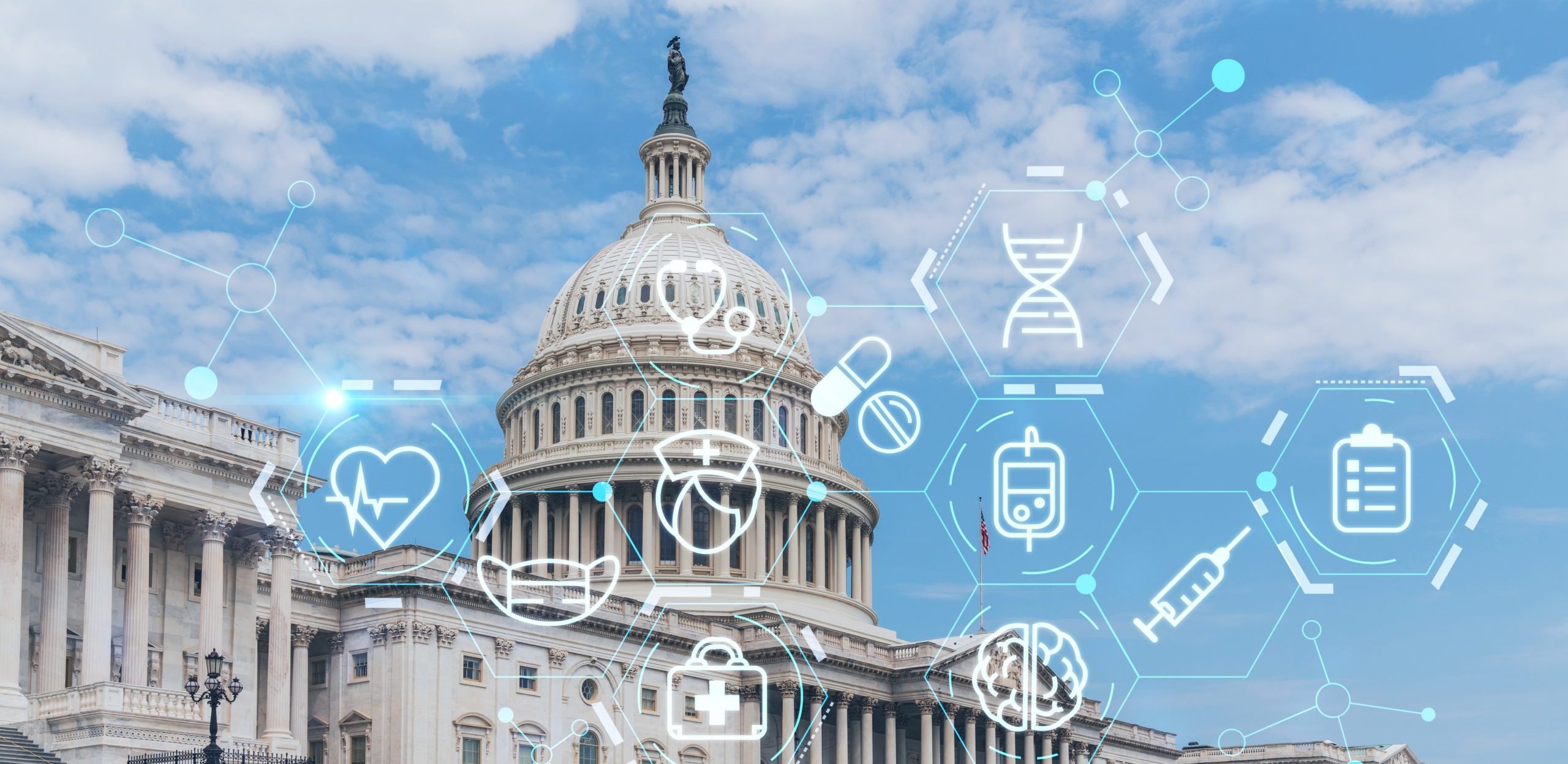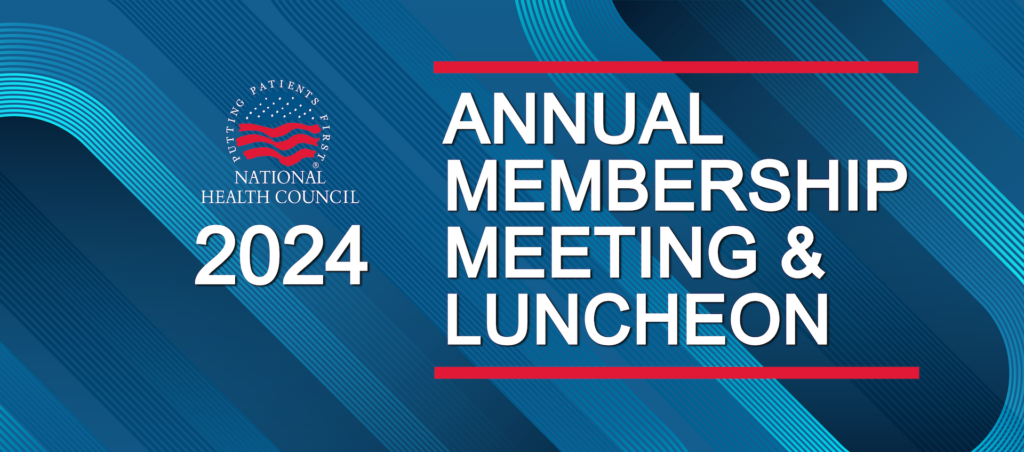

Federal Outlook
By: Allen Pinn, Coordinator, Policy
As the August recess ends, Congress prepares for a packed fall agenda. Federal leaders will have busy schedules as the Senate returns to session on September 5, followed by the House on September 12. Below is a summary of key items to keep a lookout for in the coming months.
Appropriations
The most pressing deadline facing Congress as they return from August recess is passing a federal spending package. If legislation is not passed to authorize federal funding by September 30, the Federal government will shut down until legislation is passed. While much progress has been made on the bills in the House and Senate Appropriations Committees, it is very unclear what the path to passage in either chamber is for spending legislation. Nonetheless, most Washington insiders are predicting — at least — a short government shutdown.
Health Care Price Transparency
Earlier this summer, the Energy and Commerce Committee passed multiple bills along bipartisan lines addressing transparency and affordability in health care. Legislation including:
- R. 3284: Providers and Payers COMPETE Act
- R. 2544: Securing the U.S. Organ Procurement and Transplantation Network Act
- R. 3561: Promoting Access to Treatments and Increasing Extremely Needed Transparency (PATIENT) Act of 2023
These bills represent a significant bipartisan push on the Hill to address price transparency in health care. Another bill approved by a committee was H.R. 4822, the Health Care Price Transparency Act of 2023. Unlike the previously mentioned bills, H.R. 4822 was passed along party lines and lacked support from the minority party.
In addition, the Senate and the Finance Committee, following the lead of the Senate Health, Education, Labor and Pensions (HELP) Committee, passed a draft PBM (Pharmacy Benefit Managers) reform bill titled Patients Before Middlemen Act in a bipartisan vote of 25-1. This bill aims to delink the compensation of PBMs from drug prices. When the House and Senate return to session in September, it is expected that these bills will be consolidated into an end of year health care package.
Medicare Price Negotiations
After being signed into legislation a year ago, a significant aspect of the Inflation Reduction Act is coming to fruition. This week, the Biden administration will announce the first 10 prescription drugs that have been selected for Medicare negotiation in 2026. Upon the release, patient organizations will have 30 days to submit patient experience data on disease and treatment options to CMS. It is also expected that patient listening sessions will be announced later in the fall in correlation with the announcement of the 10 drugs. The NHC has been working to assure that patient voices are included in the negotiation, and we are working with member groups from the patient community to support their participation in negotiation.
Conclusion
Once September arrives, all attention will be back on Congress and the Executive branch as they navigate essential legislation critical to the patient community. The NHC will continue to monitor any new developments as they arise in the next month.


